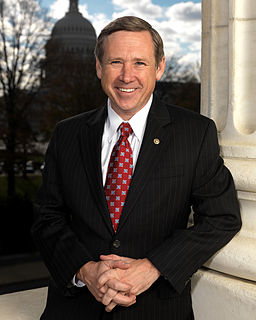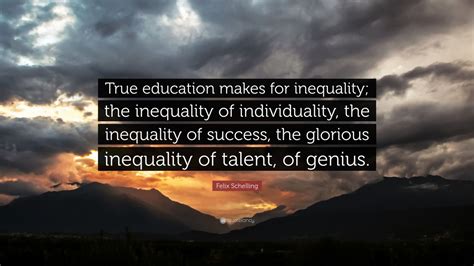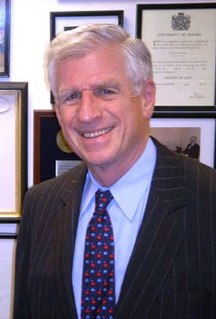A Quote by Branko Milanovic
I was at the World Bank and a commission reviewed our work on inequality for the U.S. Congress or somebody, and the head of the commission said to us: "You are spending taxpayer money to study issues like inequality? Which goes directly against capitalism and growth." That was the perception, that it should not be studied.
Related Quotes
In the U.S. when people like me started writing things about inequality, the economic journals had no classification for inequality. I couldn't find where to submit my inequality papers because there was no such topic. There was welfare, there was health issues, there was trade obviously. Finance had hundreds of sub groups.
The report produced by my commission, the Global Commission on Elections, Democracy and Security, in 2012 showed the corrosive impact of money in US politics, for example, which undermines the legitimacy of the democratic system in citizens' eyes. Such perceptions partly explain the rise of a phenomenon like the success of Donald Trump.
Yes, the Commission wants to increase its powers, Yes, it is a non-elected body and I do not want the Commission to increase its powers at the expense of the House, so of course we differ. The President of the Commission, Mr Delors, said at a press conference the other day that he wanted the European Parliament to be the democratic body of the Community. He wanted the Commission to be the Executive and he wanted the Council of Ministers to be the Senate. No! No! No!
Through much of its history, the US did not have high inequality as compared with Europe. Less so, in fact. That began to change in the industrial age, reaching a peak in 1928, after the forceful destruction of the labor movement and crushing of independent thought. Largely as a result of labor mobilization, inequality declined during the Great Depression, a tendency continuing through the great growth period of regulated capitalism in the early postwar decades.
I have changed the focus of the work of my Commission so that we no longer concern ourselves with trivial details and concentrate on the key issues instead. By doing that, we met a large number of the legitimate demands made by the British people. The Commission really did do everything it could to create the conditions for a positive campaign.



































